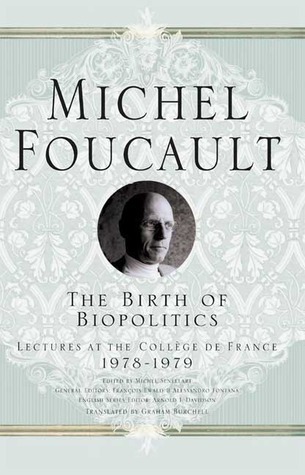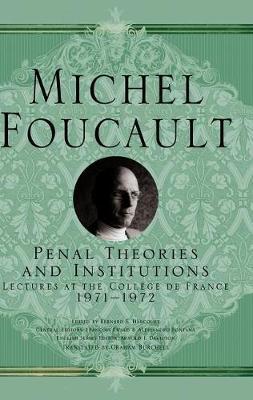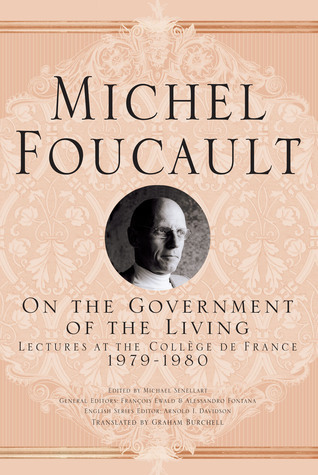
Part of Series
Michel Foucault's lectures at the Collège de France in 1979, The Birth of Biopolitics, pursue and develop further the themes of his lectures from the previous year, Security, Territory, Population. Having shown how Eighteenth century political economy marks the birth of a new governmental rationality – seeking maximum effectiveness by governing less and in accordance with the naturalness of the phenomena to be governed – Michel Foucault undertakes the detailed analysis of this liberal governmentality. This involves describing the political rationality within which the specific problems of life and population were posed: "Studying liberalism as the general framework of biopolitics". What are the specific features of the liberal art of government as they were outlined in the Eighteenth century? What crisis of governmentality characterises the present world and what revisions of liberal government has it given rise to? This is the diagnostic task addressed by Foucault's study of the two major twentieth century schools of neo-liberalism: German ordo-liberalism and the neo-liberalism of the Chicago School. In the years he taught at the Collège de France, this was Michel Foucault's sole foray into the field of contemporary history. This course thus raises questions of political philosophy and social policy that are at the heart of current debates about the role and status of neo-liberalism in twentieth century politics. A remarkable feature of these lectures is their discussion of contemporary economic theory and practice, culminating in an analysis of the model of homo oeconomicus. Foucault's analysis also highlights the paradoxical role played by "society" in relation to government. "Society" is both that in the name of which government strives to limit itself, but it is also the target for permanent governmental intervention to produce, multiply, and guarantee the freedoms required by economic liberalism. Far from being opposed to the State, civil society is thus shown to be the correlate of a liberal technology of government.
Author

Michel Foucault was a French philosopher, social theorist and historian of ideas. He held a chair at the Collège de France with the title "History of Systems of Thought," but before he was Professor at University of Tunis, Tunisia, and then Professor at University Paris VIII. He lectured at several different Universities over the world as at the University at Buffalo, the University of California, Berkeley and University of São Paulo, University of Rio de Janeiro, Brazil. Foucault is best known for his critical studies of social institutions, most notably psychiatry, medicine, the human sciences and the prison system, as well as for his work on the history of human sexuality. His writings on power, knowledge, and discourse have been widely influential in academic circles. In the 1960s Foucault was associated with structuralism, a movement from which he distanced himself. Foucault also rejected the poststructuralist and postmodernist labels later attributed to him, preferring to classify his thought as a critical history of modernity rooted in Immanuel Kant. Foucault's project was particularly influenced by Nietzsche, his "genealogy of knowledge" being a direct allusion to Nietzsche's "genealogy of morality". In a late interview he definitively stated: "I am a Nietzschean." Foucault was listed as the most cited scholar in the humanities in 2007 by the ISI Web of Science.


